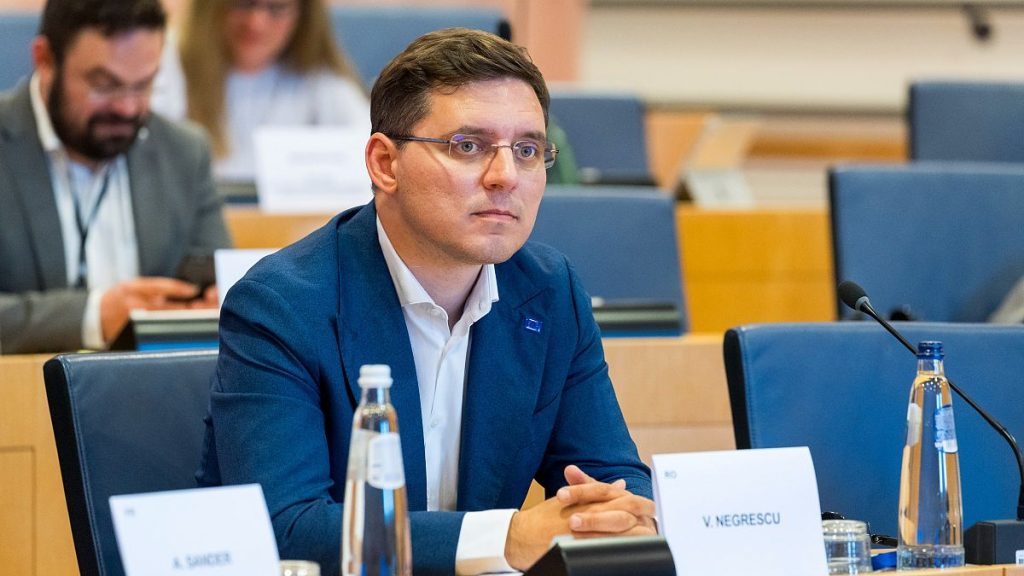The nomination of European Parliament Vice-President Victor Negrescu as Romania’s next commissioner has added to the challenges facing European Commission President Ursula von der Leyen in achieving gender balance within the EU executive. With just six confirmed women commissioners out of the total 27, von der Leyen has made gender balance a priority in her leadership. Negrescu, a member of Romania’s Socialist Party and former EU affairs minister, is considered a potential candidate for a key portfolio such as economics, internal market, competitiveness, or competition. The selection of Negrescu, who has experience in various parliamentary committees, comes as von der Leyen meets with Romanian Prime Minister Marcel Ciolacu to discuss potential candidates for the commission.
Negrescu’s nomination follows a call from von der Leyen for candidate names by the end of August, with the intention of assigning policy areas to each nominee before confirmation hearings at the European Parliament. Rumors had previously circulated about potential candidates for Romania’s commissioner, including MEPs Siegfried Mureşan and Mihai Tudose. Romanian President Klaus Iohannis had also been considered a possible candidate for the role. Adina Vălean, Romania’s previous representative at the Commission, resigned in July, and member states agreed that her position did not need to be filled for the short four-month hiatus. The nomination of Negrescu highlights the ongoing political maneuvering within the European Union as member states seek to secure influential positions within the EU executive.
Negrescu’s background in EU affairs, coupled with his experience as an MEP and former minister, positions him as a credible candidate for Romania’s commissioner role. His education in various European cities and professional experience as a journalist and lecturer provide him with a diverse skillset for this challenging position. The potential allocation of a key portfolio to Negrescu could indicate Bucharest’s desire to influence significant policy areas within the EU. Despite previous concerns over corruption and judicial independence in Romania, Negrescu’s nomination reflects a continued commitment to engaging with EU institutions and contributing to the broader European project.
Von der Leyen’s efforts to ensure gender balance within the European Commission face further scrutiny with the nomination of Negrescu, as the number of confirmed women commissioners remains low. The selection process for commissioners underscores the complex dynamics between member states, political parties, and individual candidates vying for influential roles within the EU executive. As von der Leyen evaluates potential candidates from Romania and other member states, she will need to navigate competing interests and priorities to create a cohesive and effective team of commissioners. The forthcoming confirmation hearings at the European Parliament will provide an opportunity for scrutiny and debate over the suitability of each nominee for their assigned portfolio, highlighting the ongoing importance of transparency and accountability in the EU decision-making process.


